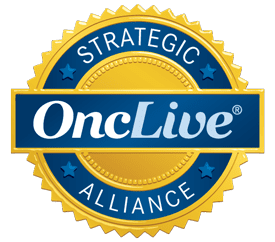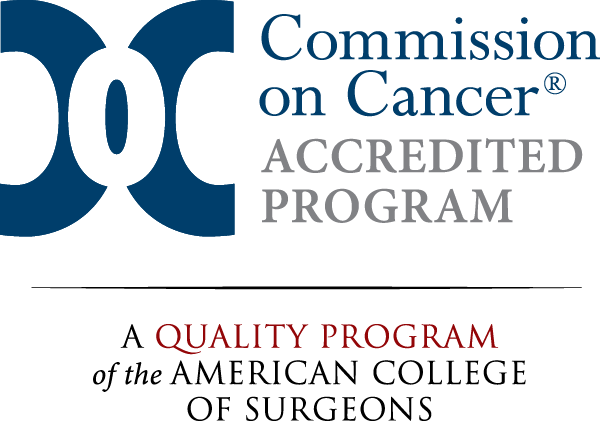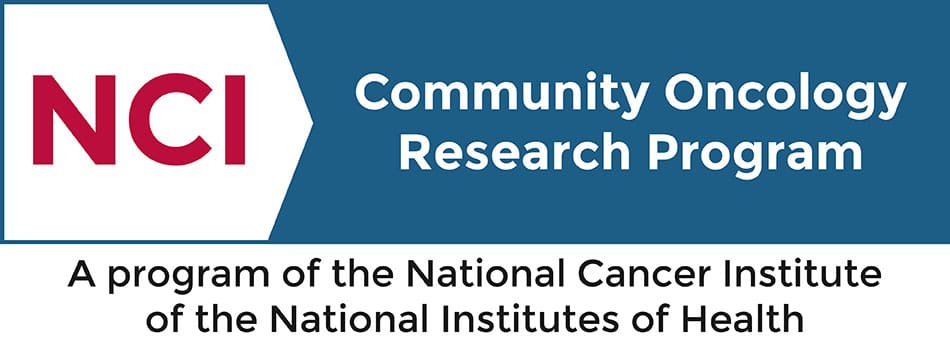You or your loved one’s recent breast cancer diagnosis might have you feeling overwhelmed, scared, and confused about where to start. The best thing you can do after a breast cancer diagnosis is take some time to understand your diagnosis and your available options for treatment. Educating yourself on what you’re dealing with is the first step in ensuring high-quality care.
Dealing with a diagnosis of breast cancer
There are many types of breast cancer, and each of them has different treatment options and outcomes depending on the stage at the time of diagnosis. Carcinoma, which is a tumor in the breast, is the most common form of breast cancer. When diagnosed with this, your doctor will identify which stage your cancer is in as well as what treatment options lie in front of you. During that initial consultation, they’ll help answer any questions you may have regarding the diagnosis, available treatments and support, your prognosis (how well the treatments will work in regard to recurrence (whether the cancer may come back) and survival, and things that you can do to reduce your risk of recurrence.
An earlier-stage diagnosis means the cancer is less invasive, and thus the likelihood of remission is generally much higher. That’s why frequent cancer screenings are so vital – they allow you to catch cancer when it’s still the most treatable. A later-stage diagnosis does not mean it is untreatable, but it may mean your treatment plan will look different, and you’ll likely require a more aggressive treatment approach than you would with stage zero, one, or two.
Stages of breast cancer
Stage 0- This breast cancer stage is known as precancerous or pre-invasive cancer. It is the least invasive and has the highest survival rates. Unlike other stages of breast cancer, stage zero is limited to the milk duct and has not spread anywhere else. People with stage zero breast cancer usually don’t experience symptoms and are most often diagnosed through mammograms. Treatment for stage zero usually includes surgery and, in some cases, radiation and hormone therapy.
Stage 1- Breast cancer is diagnosed as stage 1 if the cancer has spread to the normal breast tissue but is contained to the original area where abnormal cells developed. It’s categorized into stages 1A or 1B depending on its size, location, and if it has reached the lymph nodes of the breast. Treatment for this breast cancer stage usually involves surgery, radiation, or a combination of the two. In some cases, your doctor might suggest hormone therapy. With stage one, you may need chemotherapy depending on how aggressive the tumor cells are.
Stage 2- With stage 2, the cancer is still contained in the breast but is actively growing. Like stage one, it has two subsections, 2A and 2B. The subsection is determined by its size and whether or not it has reached the lymph nodes. Like most breast cancer treatments, stage 2 treatment plans involve surgery, radiation, and/or chemotherapy. Once fully treated, the recurrence rate of stage 2 breast cancer is very low.
Stage 3- This stage of breast cancer is categorized into three different subsections depending on tumor size, skin and muscle involvement, and spread to the lymph nodes. Like most breast cancers, stage 3 is treatable with surgery, radiation, and/or chemotherapy. Unlike stages 1 and 2, many stage 3 cases require chemotherapy.
Stage 4 – Commonly known as metastatic cancer, stage 4 breast cancer means that the cancer has spread to other parts of the body. Because the cancer has spread past the breast tissue and lymph nodes, it is usually impossible to remove all of the cancerous tissue. Unlike other stages, your team might elect to focus on slowing the growth and shrinking current tumors to relieve symptoms and improve your quality of life.
Questions to ask your team
After your doctor explains your diagnosis, you might need clarification and help figuring out what to do next. The best thing you can do is to take some time to research and understand your specific diagnosis. This will allow you to ask questions and better understand your treatment plan. Some common questions to ask your doctor are:
- How serious is my diagnosis?
- What are my treatment options?
- What is my life expectancy with treatment?
- Where and how often will I have treatment?
- When will I begin treatment, and how long will it last?
- What are the long-term and short-term side effects of my treatment? How will I know the treatment is working?
Support after a diagnosis
While it might seem like you have little control in this situation, there are steps you can take to improve your outlook and quality of life.
Getting the right team to treat your breast cancer is imperative – you’ll want to search for hospitals with expert physicians and advanced treatment centers that specialize in your specific type of cancer. Hospitals with these sorts of resources often offer supportive services, including wellness programs, wig services, support groups, and more.
Once you find the best medical team for you, ask the staff if they have a navigation team. This role is designed to help you understand your diagnosis, procedures, treatment plan, and available resources. Any diagnosis can be overwhelming for you and your family, but a patient navigator and nurse navigator are there to help you understand what’s going on and the next steps. These resources can alleviate a lot of the stress of a serious diagnosis and ensure you are receiving proper care.
Alongside the best medical team you can find, it’s important to have someone who can help you with your emotional and physical needs. Share your diagnosis with trusted loved ones who can offer a listening ear and a helping hand when and if you need them. You shouldn’t battle breast cancer alone. While friends and family can provide excellent care, there are other resources available. Consider joining a support group for breast cancer with people who are experiencing or have experienced what you’re going through. Having people to talk to who understand your journey can reveal a lot of insight and diminish feelings of loneliness and fear.
When caught early and treated appropriately, breast cancer has a high survival rate and a low recurrence rate. Take the time to explore all your options, find the right treatment center for you, talk to your doctor about your diagnosis, and accept support from friends, family, and groups.
__________________________________________________________________________
A recent diagnosis can be scary, but there are steps you can take to receive the best quality of care. If you or a loved one has recently been diagnosed with breast cancer, make an appointment with a cancer specialist as soon as possible. Capital Health Cancer Center has a team of experienced physicians ready to help you through your diagnosis and provide you with the best quality of care. Make an appointment by calling 609-537-6700.



